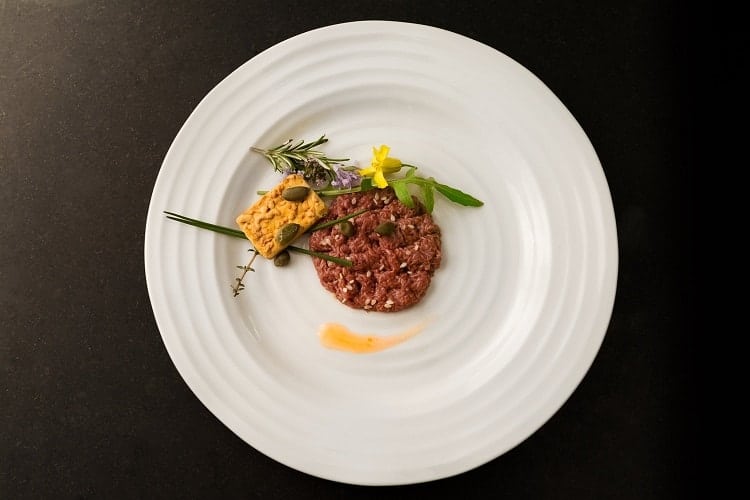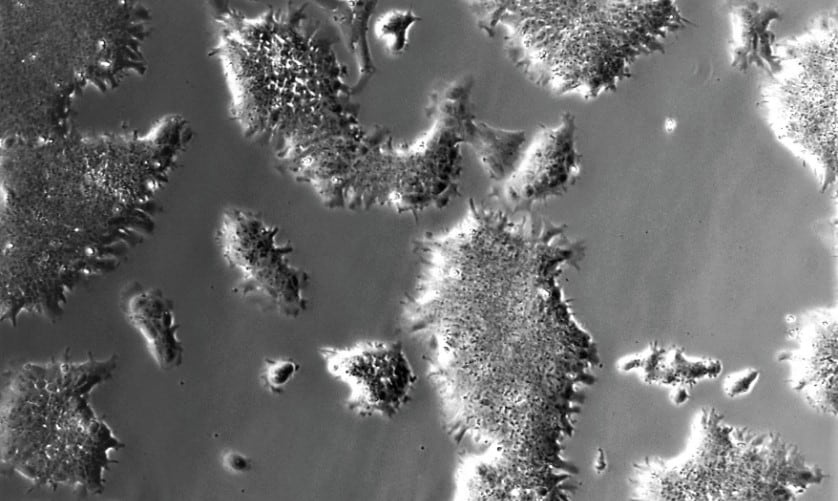- Scientists obtain animal stem cells that can be grown without serum, with the potential to dramatically reduce the production costs of cultivated meat.
Researchers from the University of Nottingham‘s School of Biosciences, in collaboration with the Universities of Cambridge, Exeter, Tokyo, and Meiji, have developed stem cell lines that can be grown under chemically defined conditions.
This breakthrough could make it possible to produce cultivated meat without serum, feeder cells, or antibiotics. Currently, most cultivated meat production relies on fetal bovine serum (FBS), which is expensive, of inconsistent quality, and has attracted ethical concerns.

The ability to cultivate cells in a chemical growth medium could greatly improve the consistency and safety of cultivated products, as well as dramatically cutting costs. For the purposes of the research, the scientists used cells taken from the embryos of livestock such as pigs, sheep, and cattle.
Some cultivated meat companies have also been attempting to address the problem of eliminating fetal bovine serum. For example, Biftek has developed an animal-free growth medium that it plans to begin commercialising, while Mosa Meat has been able to slash its production costs by 88 times after developing an alternative to FBS.

“With a growing population to feed in a changing climate, finding reliable and sustainable food is vital,” said Professor Ramiro Alberio, who led the new research. “This research offers potential solutions that the food industry could use at scale.”




